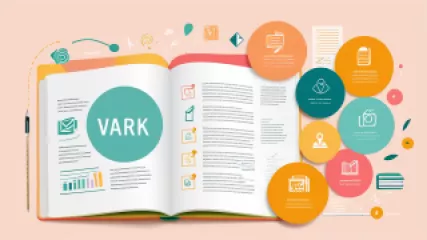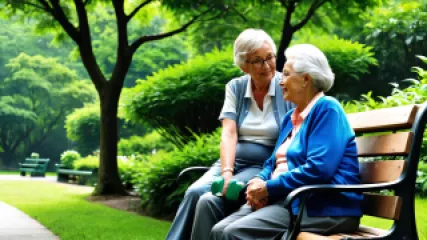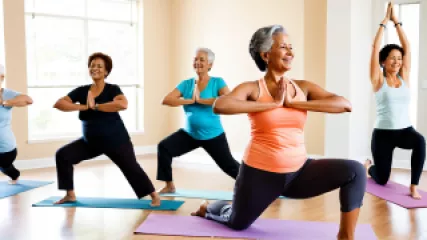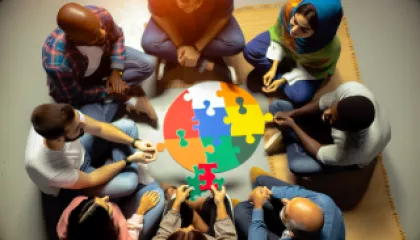10 Intuitive Growth Workshops to Unlock Your Sixth Sense
1 year ago
Developing Intuition
Caregiver Support Services for Aging Parents: A Research Summary
1 year ago
Aging Parents
Discovering Your Optimal Learning Style: A Step-by-Step Guide
1 year ago
Learning Styles
Emotional Healing Through Physical Touch: An Expert's Perspective
1 year ago
Benefits of Physical Touch
How to Heal From a Broken Heart in 7 Steps
1 year ago
Managing a Breakup
Building Trust in Parent-Child Relationships
1 year ago
Parent Child Relationship
What are the benefits of caregiver support services for aging parents?
1 year ago
Aging Parents
Ultimate Guide to Relaxation Techniques for Caregivers
1 year ago
Caregiver Stress
Effective Coping Strategies for Stress Reduction: A Research Summary
1 year ago
Coping Strategies
Effective Ways to Cope with Loneliness: A Step-by-Step Guide
1 year ago
Loneliness
5 Life Lessons from Movies About Aging Parents
1 year ago
Aging Parents
5 Inspiring Books and Movies for Understanding Elderly Mental Care
1 year ago
Elderly Mental Care
Exploring Senior Mental Health Guidance: A Research Summary
1 year ago
Elderly Mental Care
Building a Strong Parent-Child Relationship: The Ultimate Guide
1 year ago
Parent Child Relationship
Step-by-Step Guide to Debunking Common Mental Health Myths
1 year ago
Mental Health Myths Debunked















